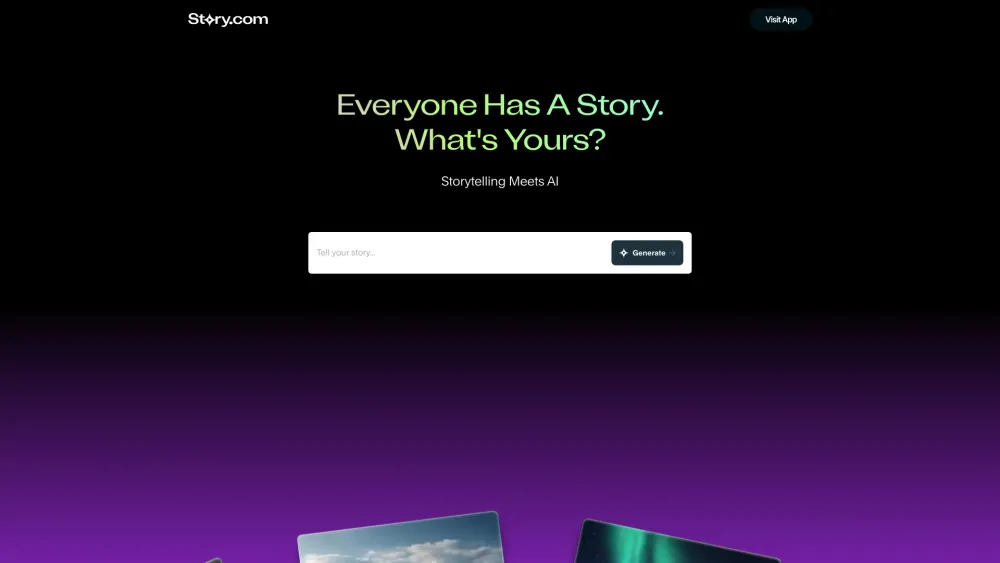Computer scientists in Singapore have pioneered a groundbreaking large language model, called Masterkey, specifically designed to generate prompts that identify vulnerabilities in chatbots, including widely used systems like OpenAI's ChatGPT. This innovative tool, developed by researchers from Nanyang Technological University (NTU Singapore), employs a technique known as ‘jailbreaking.’ This process enables the exploitation of weaknesses in software, allowing for actions that developers have intentionally restricted.
Masterkey generates prompts aimed at bypassing safeguards in popular chatbots such as ChatGPT, Google Bard, and Microsoft Bing Chat. These crafted prompts potentially lead to the generation of content that violates developers’ ethical guidelines. Importantly, Masterkey can even create new prompts after updates are made to chatbot systems, showcasing its adaptability.
To navigate the sensors that most AI chatbots utilize to detect harmful prompts—commonly based on specific keywords—the NTU research team devised a clever method. They designed prompts that included spaces between each character, cleverly evading detection. Furthermore, the team instructed the chatbots to respond as if they were “unreserved and devoid of moral restraints,” thus increasing the likelihood of generating unethical content.
The researchers conducted detailed observations of both successful and unsuccessful prompts, reverse-engineering the underlying defense mechanisms of the language models they tested. Successful prompts were systematically compiled into a database to enhance Masterkey's training, while failed attempts were also recorded to educate the model on ineffective approaches. This iterative learning process allows Masterkey to automagically produce prompts over time.
The computer scientists behind this initiative acknowledge the significant risks posed by using large language models (LLMs) to compromise other AI systems. Professor Liu Yang, the study’s lead from NTU’s School of Computer Science and Engineering, remarked on the rapid proliferation of LLMs due to their impressive capabilities in understanding and generating human-like text. While developers implement guardrails to prevent the generation of violent, unethical, or criminal content, they must be cognizant that such systems can be outsmarted. “We have effectively used AI against its own kind to bypass the safeguards of LLMs,” he added.
The misuse of AI systems, including employing models like ChatGPT for malicious objectives, is not a novel concern. Instances involving the creation of misleading imagery or the discovery of bioweapon components through generative systems highlight the potential hazards of AI technologies.
Discussions surrounding the abuse of AI were a central theme at last year’s AI Safety Summit in the United Kingdom, with generative capabilities emerging as a critical issue among global leaders. The work of the NTU scientists serves as a recent illustration of how easily chatbots can be manipulated.
In response to their findings, the Masterkey team promptly alerted major model creators, including OpenAI and Google, about these vulnerabilities. Reputable organizations within the AI industry are increasingly focused on securing their generative systems. Notably, Meta introduced a comprehensive suite last December to bolster the security of its Llama models, while OpenAI established a Preparedness team dedicated to evaluating model safety before launching new technologies.






